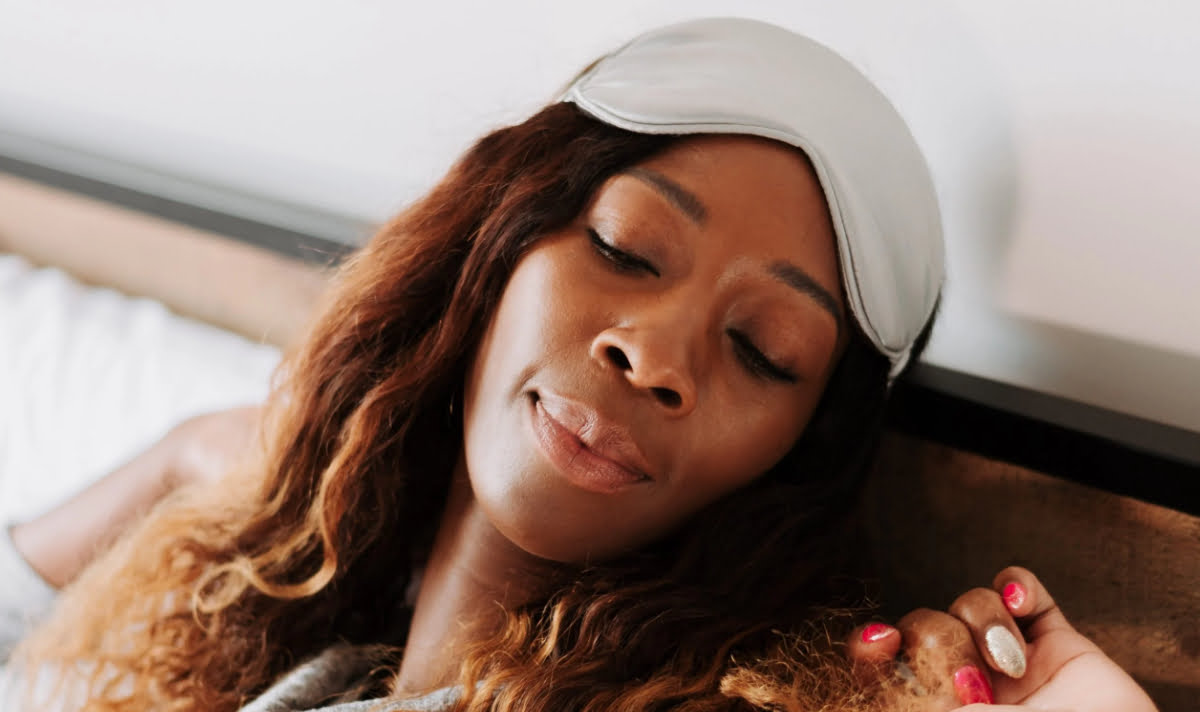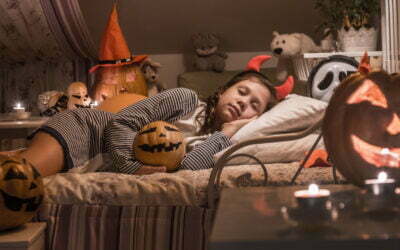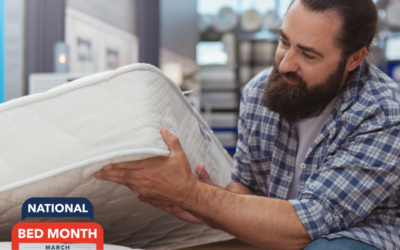By Lisa Artis, Deputy CEO of The Sleep Charity
Some days you hop out of bed ready to seize the day, others it’s a real chore to get out from underneath the covers.
If you wake feeling tired, groggy and grumpy, people often ask if you’ve woken up on the wrong side of the bed. And there’s an element of truth to that! Adequate sleep is important for mood regulation.
There could be several reasons why too. For some, it could be about your chronotype – whether you’re an owl or a lark. Owls don’t tend to like getting up early, whereas Larks do!
But if you’ve ever felt groggy or disorientated after you’ve woken up, you’re likely to be experiencing something called sleep inertia. It can last around five to 30 minutes (sometimes longer!) and in this time you feel less alert, motivated and focused.
If you’re sleep-deprived, sleep inertia is worse and can last longer. Being well-rested is key – that means optimising both sleep quantity and sleep quality.
So what can you do to make sure you wake up on the right side of the bed?
Do… Keep a regular bedtime and wake-up time where possible
Sticking to regular bedtimes and wake times will help to programme your mind and body to sleep better which will help regulate your body clock – meaning it is easier to get out of bed in the morning as you feel rested.
Do… Get out into natural light first thing in a morning
Being rudely awakened from sleep means our melatonin levels are still high causing sleepiness. Natural light is a great way of suppressing melatonin levels and reducing sleep inertia to make you wake feeling more refreshed. Throw open the curtains to let daylight in and try to factor in a quick morning walk.
Do… Put the electronic devices away at least an hour before bed
We all know the reasons by now but yet many of us still struggle to put them away before bedtime. Using devices can really impact the time it takes you to fall asleep. You might think you’re going to bed at 10.30pm but in reality, by the time you’ve finished scrolling through social media and checking the weather forecast, 30-60 minutes can have passed and suddenly bedtime is an hour later.
Do… Make sure the bedroom is fit for sleep
When it’s time to get some shut-eye, it’s important that the bedroom environment is conducive to getting a good night’s sleep. For the vast majority of people, we are talking about a bedroom that is cool (around 16-18 degrees), quiet, dark and clutter-free. Not only that, but you need to make sure you’re sleeping on a comfortable bed – not one that’s 20 years old – otherwise you might actually find yourself waking up on the wrong side of the bed!
Do… Consider cutting back on caffeine
You need to start thinking about your sleep earlier in the day, so if you’re sensitive to caffeine, consider cutting back on it from mid-afternoon so it doesn’t interfere with your ability to fall asleep. Six hours after caffeine is consumed, half of it is still in your body. It can take up to 10 hours to completely clear caffeine from your bloodstream.
And what should you not do?
Don’t… Use alcohol to help you fall asleep
Although many people feel alcohol helps them get off to sleep, it is a major culprit for disrupting your night as it can interfere with the body’s chemical processes needed for sound sleep. Too much alcohol, especially late at night, robs us of one of our most satisfying types of sleep, where dreams occur. Plus you will wake dehydrated and needing the loo!
Don’t… Exercise just before bed
Working out effectively can tire your body out gently, promoting a better night’s sleep. However, too much exercise – especially close to bedtime – could impact adversely. Bedtime should be a time to wind down and relax – all the more important for anyone experiencing difficulty in switching off. Instead, practise deep breathing exercises, visualisation or do some gentle yoga.
Don’t… Go to bed feeling hungry, thirsty or even too full
Eating at regular times helps strengthen our internal body clock. However, eating a heavy meal before bedtime can make it challenging to sleep at night. Drinking lots of liquid before bed will also increase the chances that we have to go to the bathroom during the night. Conversely, being hungry or thirsty at night can increase the chances of waking up. A balance should be struck between being sated but not full up before we go to bed.
Don’t… Be tempted to clock watch
Fragmented sleep can have as much of an impact as only getting a solid chunk of four hours. People who wake in the night are often curious to look at the clock, which can increase anxiety levels and stops us from falling back asleep. Consider turning the clock away, covering it or moving it out of sight. Even better if you move your clock across your room, it also means you’re not tempted to press the snooze button in the morning! Snoozing is just low-quality sleep that can make you feel worse in the morning.
Don’t… try to force sleep
While it’s recommended that you keep regular bedtimes, only go to bed when you’re tired. If you try to force sleep, it just won’t happen. By going to bed when you’re tired, your body clock will naturally fall into a routine – just don’t let the weekends ruin it!
Check out our blogswap on The Sleep Charity’s website, which is all about creating the perfect bedroom environment.
Blog first published 07.03.22, updated 17.03.23.






0 Comments